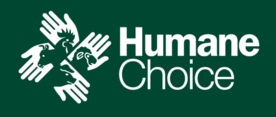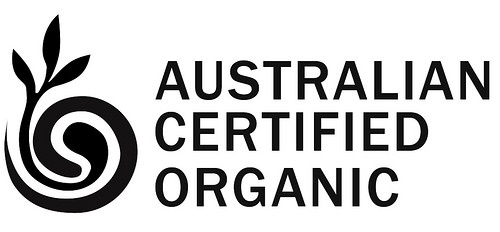Consumers
shouldn't have to jump through hoops to be sure that the eggs that
they are buying are genuinely free-range. Sign up here to stay
up-to-date with our campaign for truth in egg labelling.
The
Greens believe that consumers shouldn't have to jump through hoops to
be sure that the eggs that they are buying are genuinely free-range.
However, in March 2016 state and federal consumer affairs ministers agreed a free-range standard that would allow stocking densities of up to 10,000 hens per hectare.
The decision was a major betrayal of consumers, genuine free-range farmers and animals. But the fight for the future of free-range isn't over yet.
With policy stalled at this unacceptable standard, there are still avenues available to consumers to choose genuine free-range eggs.
The Greens have put together this TOOLKIT to help people avoid dodgy producers and find the eggs that meet consumer expectations of free-range:
1. Download CluckAR
Download the Free Range Egg Detector App by consumer advocacy body CHOICE. This handy app scans the labels of egg cartons and rates the brand according to stocking density.
2. Avoid brands that do both cage and ‘free-range' varieties
A good rule of thumb is to avoid brands that sell both cage and ‘free-range' products. If they are willing to confine hens in cages, chances are their free-range varieties are not going to meet consumer expectations of animal welfare. These brands include:
- Pace Farms
- Farm Pride
- Aldi Lodge Farm
- Coles brand
- Pirovic Eggs
3. Look out for these accreditation schemes
 Go to the Sustaintable Table website, scroll down to the Table :
Go to the Sustaintable Table website, scroll down to the Table :
Humane Choice is the leading representative of genuine free-range egg farmers in Australia.
To be accredited under the Humane Choice scheme, producers must keep their hens at a maximum stocking density of 1,500 birds per hectare and are not allowed to perform ‘de-beaking.'
For full details of the scheme and where to buy the eggs, click here.

Having trouble finding Humane Choice accredited eggs or eggs stocked at at 1,500 hens per hectare or less?
Look out for eggs with an Australian Certified Organic logo. Under the scheme, which is regulated and enforced, hens must be kept at 1500 birds per hectare for set systems (sheds) or 2500 birds per ha where stock or forage rotations are practised. De-beaking is not permitted and the birds have access to pastured areas during the majority of daylight hours.
Full details of the scheme can be found here.
4. Be careful of brands stocked at big supermarkets
The free-range eggs sold at big supermarket chains often don't cut it when it comes to animal welfare standards.
If you are buying eggs, use the Choice app or refer to this list to make sure you aren't getting duped.
5. Keep up to date with the campaign
The Greens believe that consumers shouldn't have to jump through the above hoops to be sure that the eggs that they are buying are genuinely free-range.
That's why we will continue to pressure state and federal ministers to introduce a legislated standard for free-range eggs that meets consumer expectations.
We will also be working hard to ensure that they state and federal regulators properly enforce current Australian Consumer Law. While the new standard agreed to by the Ministers in March may allow 10,000 birds per hectare to be called ‘free-range', it also said that all birds in ‘free-range' systems must have "regular and meaningful access to the range." We will continue to hold regulators to account to ensure that this requirement is upheld.
 My passion is nature. I enjoy walking, climbing, observing wildlife and just taking in the beauty of the world.
My passion is nature. I enjoy walking, climbing, observing wildlife and just taking in the beauty of the world.